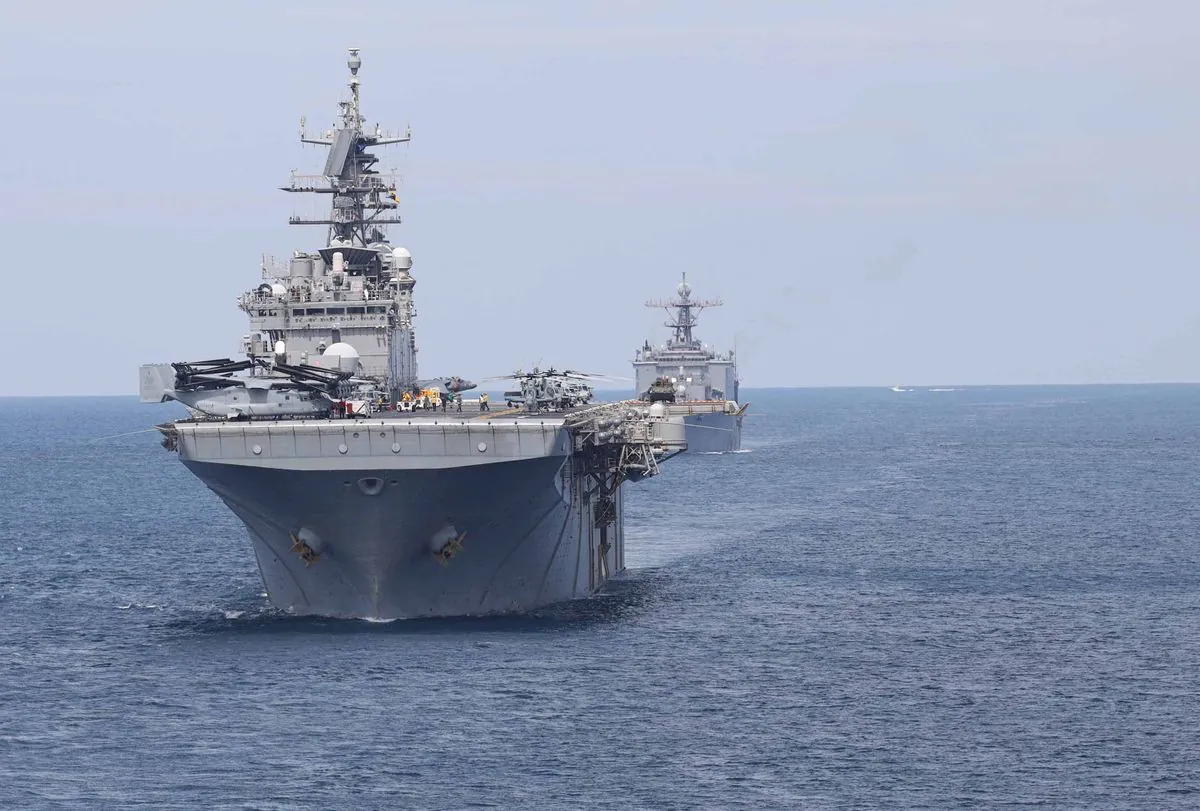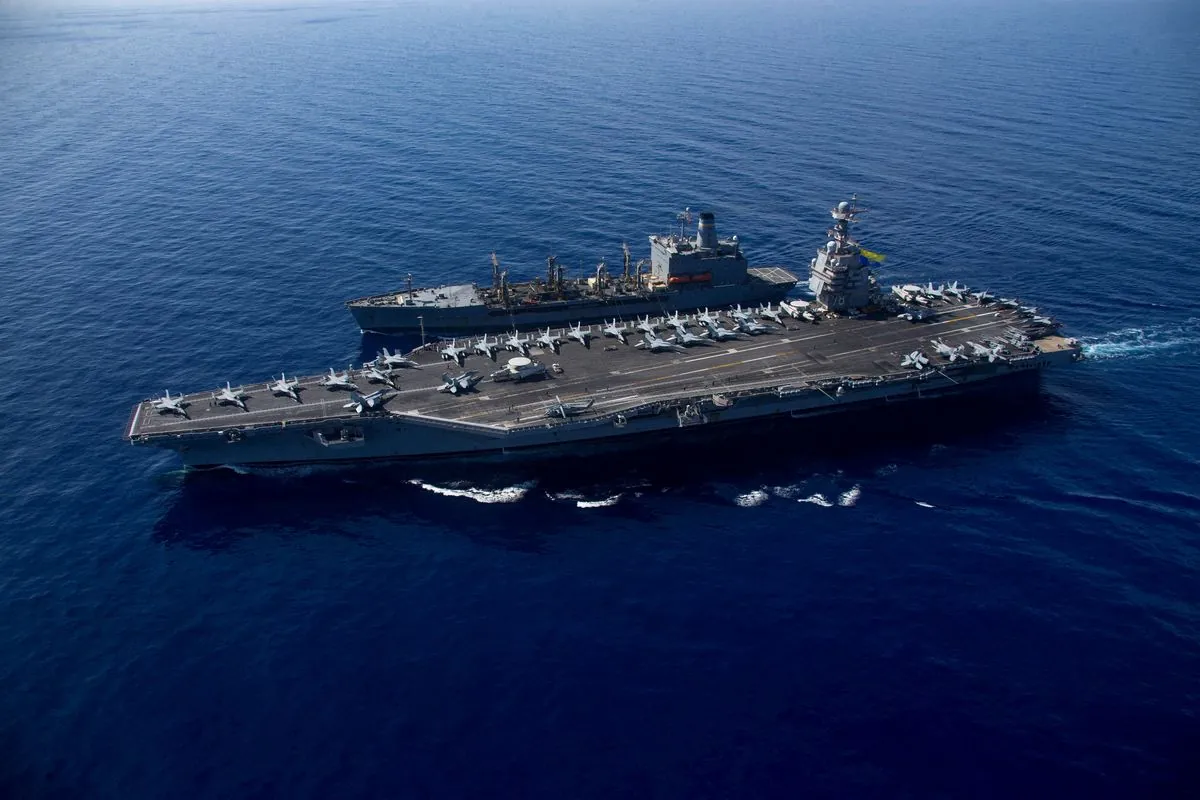U.S. Braces for Potential Iranian Attacks in Middle East
U.S. officials warn of possible Iranian-backed attacks in the Middle East this week. Military assets deployed as tensions rise following recent events in the region.

The United States is on high alert for potential attacks by Iran or its proxies in the Middle East, according to John Kirby, the White House national security spokesperson. Speaking on August 12, 2024, Kirby indicated that such attacks could occur as early as this week.
Kirby stated, "We have to be prepared for what could be a significant set of attacks." This warning comes amid escalating tensions in the region, with the U.S. increasing its military presence and sharing concerns with Israel about possible Iranian-backed aggression.
The current situation stems from a series of events that occurred in July 2024. These include:
- A missile attack in the Israeli-occupied Golan Heights
- The killing of a senior Hezbollah commander in Beirut
- The assassination of a Hamas leader in Tehran
These incidents have heightened fears of a potential wider conflict involving Iran and its allies.

In response to the growing threats, the U.S. Department of Defense has taken proactive measures. On August 11, 2024, the Pentagon announced the deployment of a guided missile submarine to the Middle East and the accelerated dispatch of the Abraham Lincoln carrier strike group to the area.
The U.S. commitment to Israel's security remains steadfast. Kirby emphasized, "We obviously don't want to see Israel have to defend itself against another onslaught, like they did in April. But, if that's what comes at them, we will continue to help them defend themselves."
"We share the same concerns and expectations that our Israeli counterparts have with respect to potential timing here. Could be this week."
This situation unfolds against the backdrop of ongoing Israeli military operations near Khan Younis, the second-largest city in the Gaza Strip. Concurrently, there are international efforts to broker a ceasefire and prevent the conflict from expanding further.
The current tensions highlight the complex geopolitical landscape of the Middle East. The region has been a focal point of U.S. foreign policy for decades, with a significant military presence established since the 1990s. The strategic alliance between the U.S. and Israel, dating back to Israel's founding in 1948, continues to play a crucial role in regional dynamics.
Iran's activities, including its nuclear program, have been a source of international concern since the early 2000s. The country has faced various sanctions since 1979, following the Islamic Revolution and the establishment of the Iranian Revolutionary Guard Corps (IRGC).
As the situation develops, the international community watches closely, aware of the potential for escalation in a region already marked by long-standing conflicts and strategic importance due to its oil reserves.


































